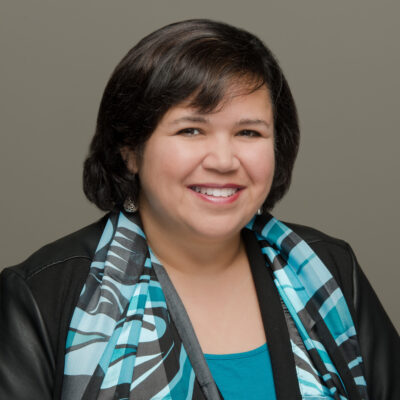
Karabi Acharya
Robert Wood Johnson Foundation
Director, Global Ideas for US Solutions
Pennsylvania
Karabi Acharya is the Director of Global Ideas for US Solutions at Robert Wood Johnson Foundation. The Global team examines promising solutions from around the world that may have exciting ramifications in the US. The team explores transformations that have taken place abroad to improve health and create health equity, learning from these accomplishments to spark our imaginations and urge action here in the United States.
Previously, Karabi was global director for Ashoka, a network of social entrepreneurs worldwide, with over 3,000 fellows in 70 countries putting their system-changing ideas into practice on a global scale. She led Ashoka’s efforts to document the impacts of its work and convene critical conversations that will shape our future.
Prior to Ashoka, Karabi served as a senior program officer with the Academy for Educational Development where she developed the SCALETM approach, a whole-system approach that builds social capital by strengthening organizational networks. SCALETM has been used in agriculture, tourism, and health sectors in more than nine countries. Also, during this period, Karabi was on faculty at Johns Hopkins University School of Hygiene and Public Health.
Karabi earned a BA in Anthropology from the University of Chicago, a Masters of Health Science in International Health from Johns Hopkins University, and a Doctor of Science from Johns Hopkins School of Hygiene and Public Health. She is also a Donella Meadows Leadership Fellow. She has written and presented extensively on a host of issues, such as sustainability, nutrition, health disparities, child health, infectious diseases, immunizations and many other areas of national and global health. She recently founded Conquering Gyrate Atrophy to catalyze research on this retinal disease.
Karabi enjoys crossing boundaries, whether conceptual or geographic, and has lived in Belgium, France and India and traveled to more than 20 countries.
Selected Publication
Karabi wrote “Changemakers for Sustainability,” which focuses on both understanding and feeling systems to bring about significant change. She draws on her own Fellows experience of food and the farm at Cobb Hill, Vermont, emphasizing the importance of practicing love and friendship in the sustainability movement. The chapter appears in “Practicing Sustainability,” edited by Madhavan et al for Springer (2013).

